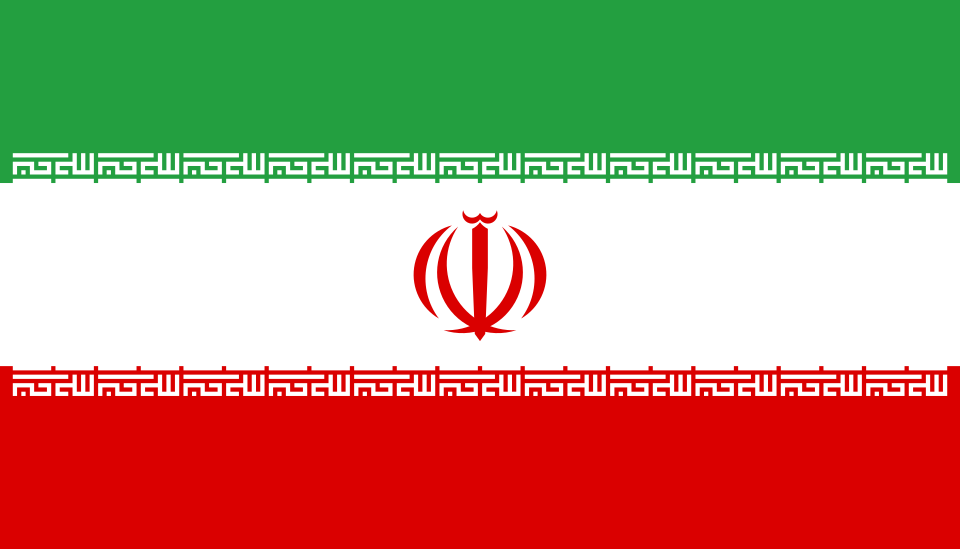The narrative emerging from Iran is clear, and it speaks volumes about the deep-seated discontent simmering beneath the surface of the Islamic Republic. Despite the regime’s iron grip on power, recent findings, particularly from the Consumers Assembly and Gamaan Institute, paint a vivid picture of a populace yearning for fundamental change. It’s not merely a sliver of dissent; it’s a significant, widespread disapproval that suggests the current regime is increasingly out of touch with its own people.
A slim majority, around 52% in 2023, openly disapprove of their country’s leadership, a trend that has steadily climbed since 2018. This figure, while notable, likely understates the true extent of disillusionment, given the inherent risks of expressing dissent in an authoritarian state. What truly underscores the depth of this rejection is the finding that over 80% of respondents in an online survey inside Iran explicitly reject the Islamic Republic itself, favoring a democratic government instead. This isn’t just about dissatisfaction with policies; it’s a fundamental repudiation of the very system of governance.
The widespread support for anti-government protests, with approximately 80% of Iranians believing they will succeed, further solidifies this desire for change. These aren’t isolated incidents of unrest but rather a reflection of a collective hope for a different future. Perhaps most striking is the high rate of disapproval among younger Iranians, with 61% of those under 30 expressing dissatisfaction. This demographic, a large and vital part of the population, represents the future of Iran, and their widespread discontent signals a profound generational divide and a growing disconnect between the youth and the ruling establishment.
In contrast to countries like China, where private disapproval is likely masked by fear of repression, or North Korea, where any dissent is brutally suppressed, the data from Iran, even with its inherent challenges in collection, suggests a more overt and widespread rejection. While official polls in Russia might show high approval, experts point to self-censorship as a significant factor. In Iran, however, the figures point towards an active, demonstrable desire for a different path.
The high percentage of Iranians who dislike their current regime and desire significant change is a critical indicator of the mounting pressure on the Islamic Republic. It’s a testament to the resilience of the Iranian people and their persistent pursuit of a future that aligns with their aspirations for freedom and democracy. The cracks in the foundation of the Islamic Republic are becoming increasingly visible, fueled by a populace that clearly believes a different, more democratic, Iran is not only possible but necessary.
Godwin Anyebe is a Journalist and a Rights Activist.









